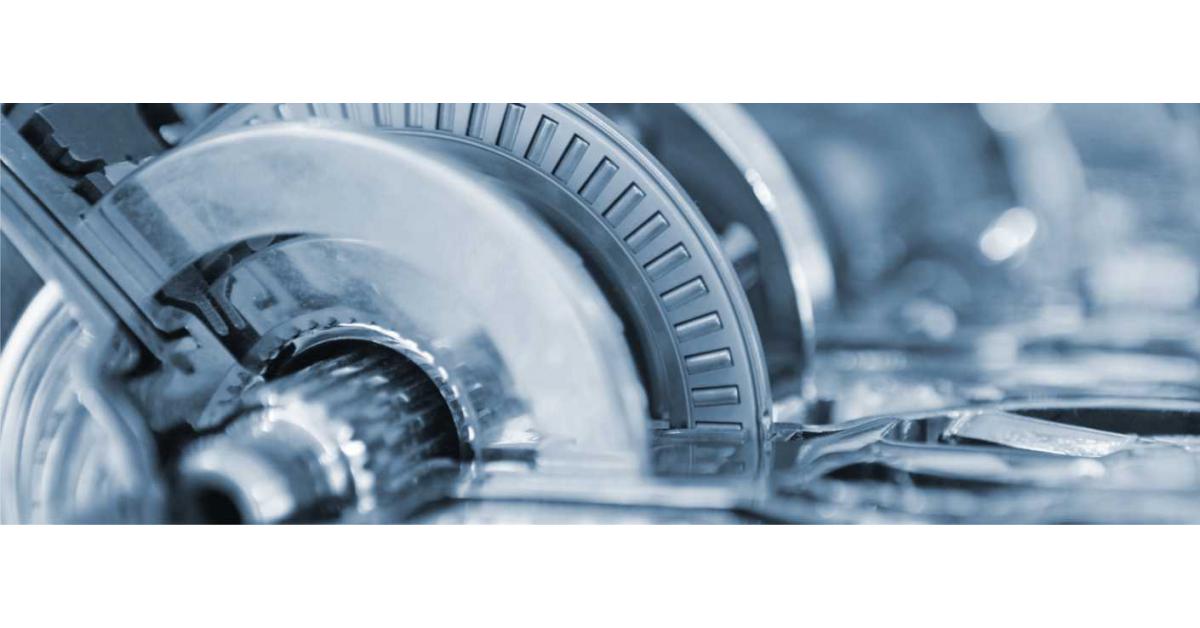Die casting is a highly efficient and precise metal manufacturing process that has been used for over a century. It has become one of the most popular techniques in the industry due to its outstanding accuracy, versatility, and speed. Die casting is used for creating complex metal parts and components that are required to be highly durable, lightweight and efficient.

In this post, we will take a closer look at the advantages of die casting, the range of materials used, as well as the applications and industries that have benefited from this powerful manufacturing process.
Advantages of Die Casting
There are many advantages to using die casting as a metal manufacturing method, and these include:
1. Cost-Effective - Die casting is an economical manufacturing process that produces high-quality parts and components.
2. High Precision - Die casting provides precision parts that are uniform in size and shape, within a close tolerance range, resulting in minimal energy loss and better product performance.
3. Strong and Durable - Die-cast parts and components have superior strength and durability, making them much more resistant to wear and corrosion than simpler manufactured items.
4. Versatile - Die casting is a versatile process that can cast items in a wide range of sizes and shapes, from small electronic parts to large engine blocks.
5. High Production Speed - Die casting is a fast process that can produce parts and components in large volumes, making it ideal for producing large scale, high-stress parts.
Materials Used in Die Casting
Die casting can be used with a wide range of metals, including zinc, copper, aluminum, magnesium, lead, pewter, and tin-based alloys. There are specific requirements for each type of metal that are needed to achieve the ideal finish and strength.
Aluminum Alloy Die Casting
Aluminum is the most commonly used metal for die casting. It is ideal for manufacturing complex and precise parts that are required to withstand high pressure and heat. Aluminum has a low density, which means it is lightweight and easy to handle while still providing excellent strength and durability.
Zinc Alloy Die Casting
Zinc alloy is used in die casting because it offers high precision and surface finish, making it ideal for producing small, intricate parts. Zinc also has excellent conductivity, which makes it the preferred material for electronic parts such as connectors, switches, and sockets.
Applications of Die Casting
Numerous industries and applications benefit from the use of die casting. Some of the most common industries that utilize the process include aerospace, automotive, electronics, medical equipment, power tools, and appliances.
Aerospace
Die casting is used in the aerospace industry to create a wide range of parts, from small connectors to large engine components. Aluminum die casting is especially useful in creating lighter, more fuel-efficient parts.
Automotive
Die casting is used in the automotive industry to manufacture a variety of parts, including transmissions, engines, and steering systems. Aluminum die casting is becoming increasingly popular in the automotive industry as it provides lightweight parts that are durable and have a better surface finish.
Power Tools
Die casting is used in the production of power tools and hand tools such as drills, saws, screwdrivers, and sanders. Additionally, die casting has proven ideal for the manufacture of high-performance power tool housings that are resistant to wear, corrosion and heat.
Conclusion
Die casting is a powerful manufacturing process that has brought unparalleled efficiency and accuracy to the creation of metal parts and components. The process is cost-effective, precise, and yields strong and lightweight parts that are ideal for many industrial applications. Die casting can be used with a wide range of metals, including aluminum and zinc, and has seen broad applications in several industries, including aerospace and automotive.
Whether you are in the automotive industry, power tool manufacturing, or aerospace, die casting provides significant benefits above other manufacturing methods. Die casting's versatility, durability, economy, and efficiency have made it a favorite technology in the industry. With the right design, material and equipment, die casting offers a viable solution for a wide range of manufacturing requirements.